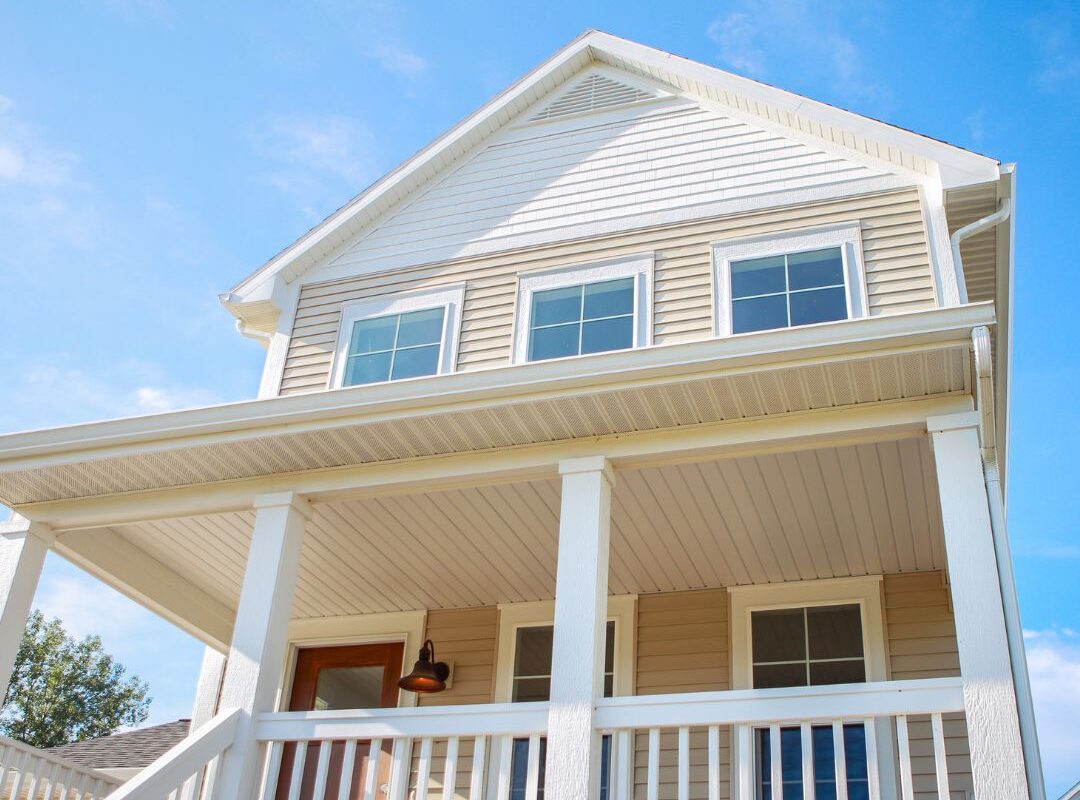In South Haven, Michigan, high-end homes are staying on the market longer than usual, leaving many sellers and buyers wondering what’s causing the delay. A key factor in this shift is the tightening of short-term rental permit regulations, which affects the appeal of luxury properties without an existing permit.
1. The Impact of Short-Term Rental Permit Restrictions
South Haven city recently increased restrictions on short-term rental permits, and this regulatory change is directly impacting buyer interest—especially for homes over $500,000. Previously, high-end properties were highly attractive to buyers who planned to offset costs by renting them out during peak vacation seasons. However, the permit limitations mean that homes listed without an existing permit are less appealing to a broader base of buyers, especially investors.
Homes with a short-term rental permit are in high demand as they allow for immediate rental income potential. On the other hand, properties lacking a permit appeal to a smaller buyer pool, mainly because they don’t offer the immediate income generation that investors and part-time residents often seek. This shift means that high-end properties without permits are sitting on the market longer.
2. Investment Hesitation Due to Permit Uncertainty
The new permit restrictions create uncertainty for buyers who may be interested in applying for a permit after purchase. The possibility of being unable to secure a permit discourages these buyers from pursuing high-end homes without existing permits, particularly in a price range where the financial stakes are higher.
Investors who once saw luxury properties in South Haven as lucrative short-term rentals are now more cautious. They understand that rental income potential may be limited without a permit, leading to fewer offers and a longer decision-making process. As a result, high-end homes without rental permits are often on the market longer, waiting for the right buyer who may not prioritize short-term rental options.
3. Price Sensitivity and Carrying Costs for Luxury Homes
For high-end properties, the associated carrying costs—property taxes, maintenance, and utilities—are often substantial. Without the potential for supplemental income from short-term rentals, buyers are more cautious about these expenses, creating greater sensitivity to price. Prospective buyers are taking a closer look at what they’ll need to cover each month, and without rental income to offset these costs, they may be inclined to negotiate more aggressively or hold out for more favorable pricing.
As a result, properties without rental permits are more likely to linger on the market, often due to pricing adjustments needed to match these new buyer considerations. Sellers may need to price competitively or explore other ways to attract a broader range of buyers.
Average Days on Market
(City of South Haven, $500,000+)
Or see the interactive graph, here.
Final Thoughts: Adapting to a Changing Market
While South Haven city’s higher-end home market is undoubtedly affected by these new short-term rental regulations, demand for well-priced, high-end properties with a permit in place remains strong. Sellers should consider how the presence or absence of a permit affects their property’s appeal and work closely with their real estate agent to adapt pricing and marketing strategies. (I can help!)
For buyers, especially those interested in vacation homes, it’s essential to clarify the short-term rental permit status early in the process. Working with a knowledgeable local Realtor is the best way to navigate these complexities and find the property that aligns with your goals—whether for personal enjoyment, income potential, or both.
If you’re curious about how the evolving market might impact your buying or selling strategy, feel free to reach out. Let’s talk about your options in South Haven (or anywhere along the coast, including Holland, Saugatuck, Coloma, and St. Joseph) and find a solution that works best for you!





Leave a Reply